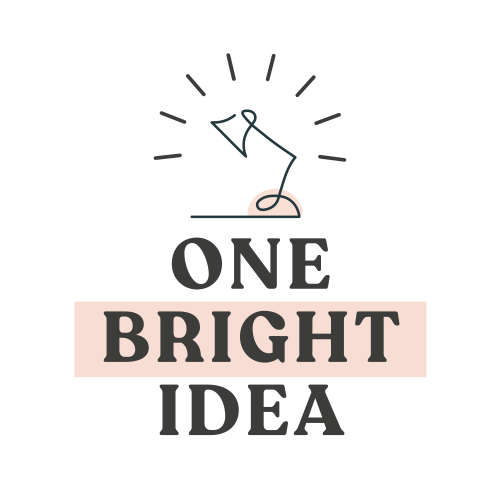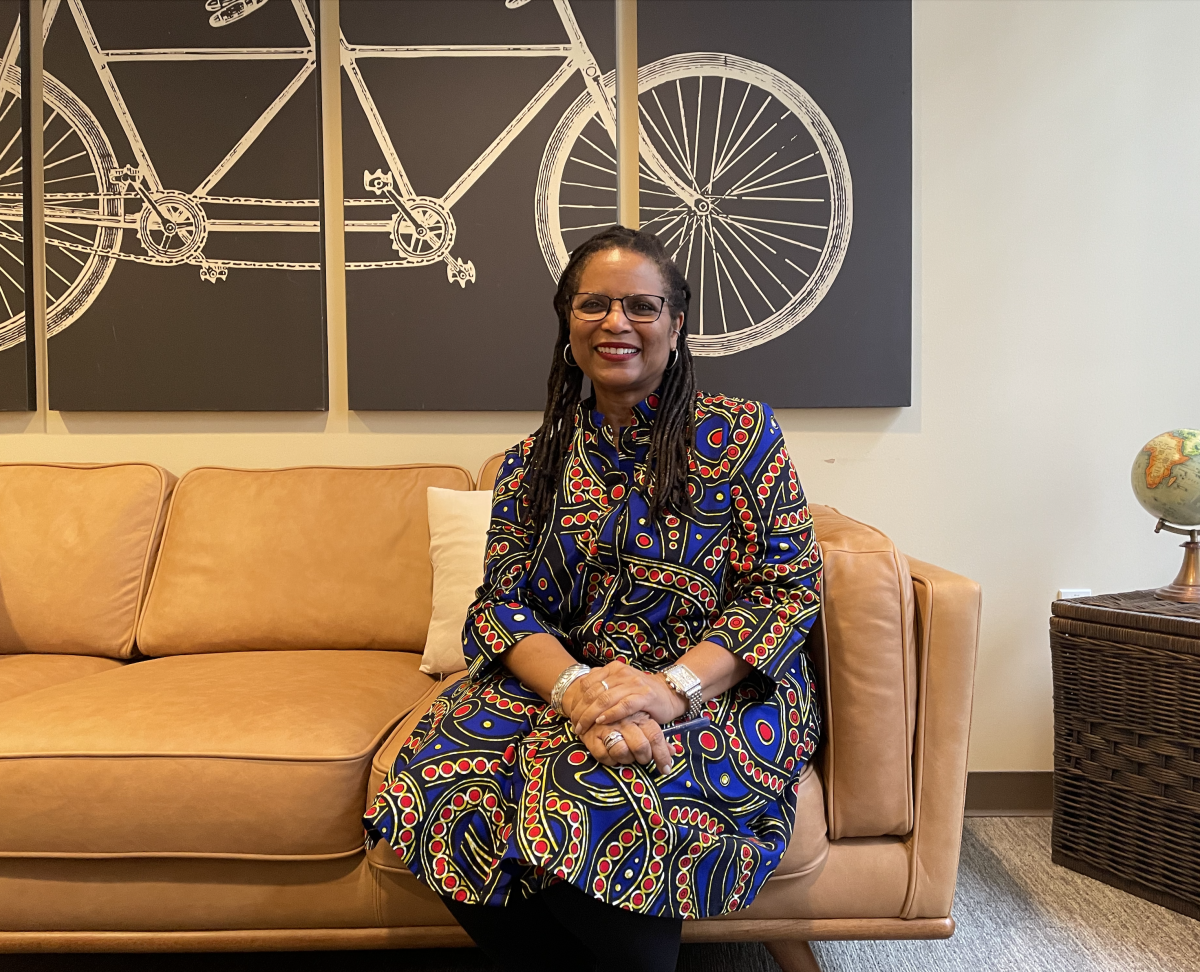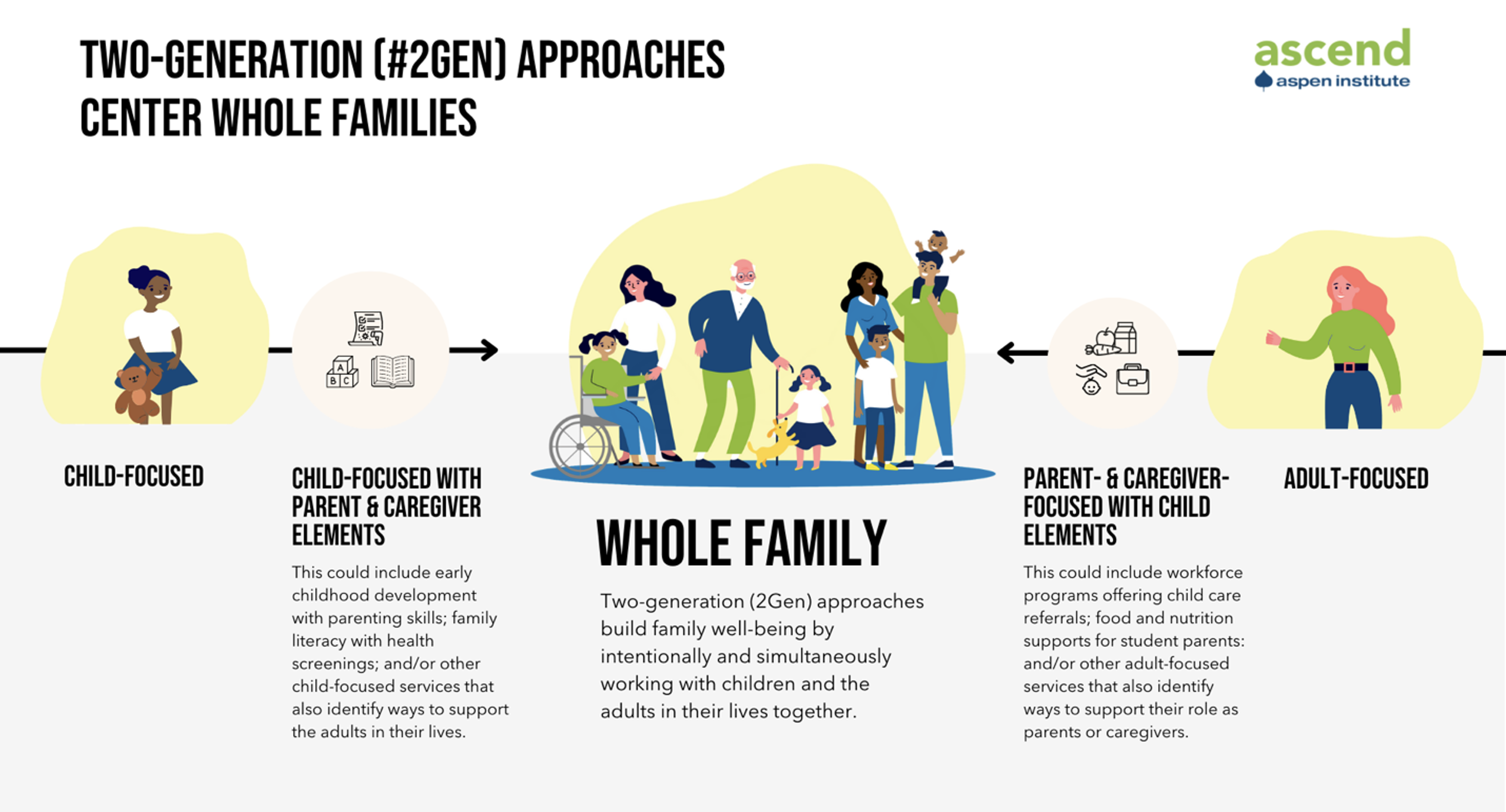One Bright Idea: A 2Gen Approach for Family Well-Being
With partner Ascend at the Aspen Institute.

Welcome to One Bright Idea, a new series where partners shine a light on one idea from the field that’s fueling them to move the work forward.
We were pleased to host the Ascend at the Aspen Institute team for a learning day in our Seattle office in January 2024. A Bezos Family Foundation partner since 2014, Ascend highlighted its work towards a reality where all families can access intergenerational prosperity and overall well-being.
Ascend’s work unfolds into a few threads, including its flagship program, the Ascend Fellowship, designed to foster a diverse pipeline of leaders working in fields supporting family vitality. Ascend’s whole family-centric two-generation approach (2Gen) is a hallmark of its work in developing policy and programming that support children and adults in their lives together.

Ascend Managing Director Marjorie Sims is a champion of a 2Gen approach to lifting up families. Sims has worked to uplift women and families for two decades and spoke to the Foundation about why the 2Gen approach matters.
Origins
The term 2Gen was coined in the late 1980s by the Foundation for Child Development. “They understood that early care programs were adding what was called at the time ‘parent components,’” Sims says. Those programs were evaluated in the mid-1990s, and they realized that parents were not experiencing the outcomes they had hoped to see. One reason was that parent components of programs were light in duration and intensity. For example, a six-week financial education program will not move a family toward economic mobility. Financial education is good if timed appropriately and done well; however there are a lot of other things that feed into a parent’s financial stability and economic mobility.
The concept of supporting families holistically is inherent in Indigenous communities here and around the globe. “Federal systems are siloed from what happens in communities,” Sims says, “But in contrast to Native American communities, supporting families holistically had been separated and disconnected, and that’s how families experienced support programs.”
When Founder Anne Mosle launched Ascend at the Aspen Institute, the team was focused on changing the national discourse because so many families had lost their financial stability during 2008’s Great Recession. “Ascend came to the Aspen Institute in 2010, and people were hungry for that conversation,” Sims says. “We were pointing to how families experience things and how siloed things were. And so that’s why 2Gen approaches reemerged.”

Built on Parent Voice
The 2Gen approach starts with parent voice. “Listening to lived experience is the foundation for how we should shape systems and policy,” Sims says, “no matter how much patience that deep work may require to ignite change across whole families.”
Fundamentally, Sims says the Ascend team believes in the 2Gen approach and sees it implemented at different levels throughout the work of its 540 partners. “It’s a network that, as my colleague Sarah Haight says, is like a lake. Some partners are at the shallow end, just curious, asking, what is this 2Gen model about? Then, you have organizations steeped into generation or whole family approaches — and they were doing it before this term became popularized.”
Research shows that when you support the entire family using a 2Gen approach, you have an intergenerational opportunity for mobility. And that economic mobility is Ascend’s north star. “There are lots of other methods that can get you there,” Sims says, “But we strongly believe that 2Gen is the way. You must invest in leaders. You have to invest in networks, convenings, systems change and policy.”
It’s a conscious choice for Sims to show up with a clear focus and vision as she leads work intent on changing generations. “It is hard. But we are fortunate to work with people who know this is hard, intentional work and are willing to put in the effort,” Sims says. “These systems weren’t designed overnight. They’re not going to be changed overnight, and we’re here for the long run.”
To bring in the perspectives of individuals grounded in first-hand, lived experience, Sims and Ascend staff work with parent advisors in learning and action communities. Fellows, parent advisors, researchers and funders are included in co-creating solutions so constituencies can see themselves in outcomes. Sims cites a recent example of a learning and action community focused on the child welfare system to identify strategies to reform the system with a 2Gen mindset of families and kids together.
“How do you destigmatize that and provide the right support, informed by parent voice, and then put that information out to the field?” Sims asks. “We hosted this learning and action community for a year and then put it out to the field with a set of recommendations about how you reimagine the child welfare system, looking at those earliest years, prenatal to three, holistically. That is a concrete example of how that unfolds.”
“People are being inspired and can see change through other stories. And that is counterintuitive to the American psyche right now. I see these stories in everyone that we work with. Some people know that systems need to be changed. And they’re doing that. I encounter it every day,” Sims says. “We work in all 50 states, from states that are candy apple red to those that are blue, blue, blue. There are always people in those places that are doing the work because they know that systems can be changed.”
Sims says that although some people in the learning and action community have their own past filled with trauma, they still hold hope about changing systems because they don’t want others to experience what they have. “I am hopeful because I get it from other people,” Sims says, “and Ascend is fortunate to be able to create the kind of spaces where other people can inspire other people.”
Watch Marjorie share what's bringing her hope right now:
The Bezos Family Foundation is proud to support Ascend—a national hub for collaboration and leadership that advances whole family solutions in early learning and childhood development, economic and educational support for parents, family engagement, and health and well-being.